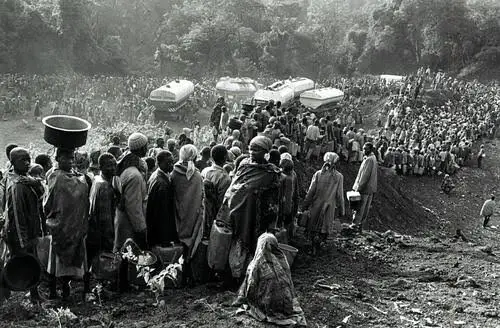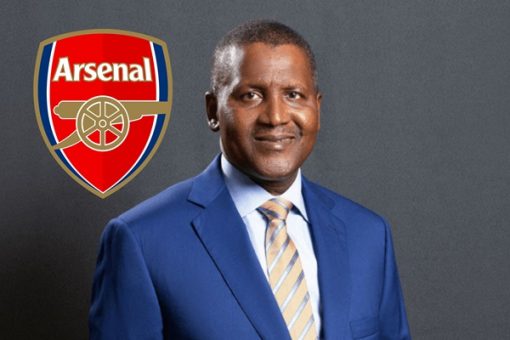Rwanda commemorated the 30th anniversary of the genocide on Sunday, paying tribute to the victims of the brutal campaign that tore the country apart. The genocide, orchestrated by Hutu extremists, lasted 100 days and resulted in the deaths of 800,000 people, mostly Tutsis but also moderate Hutus.
President Paul Kagame led the solemn ceremonies, starting with lighting a remembrance flame at the Kigali Genocide Memorial, where over 250,000 victims are buried. Foreign dignitaries, including African heads of state and former US president Bill Clinton, joined Kagame in placing wreaths on the mass graves.
The international community's failure to intervene during the genocide has been a source of enduring shame. French President Emmanuel Macron is expected to acknowledge this failure in a message, stating that France and its allies "could have stopped" the bloodshed but lacked the will to do so.
The week-long national mourning in Rwanda includes a ban on music in public places and on the radio, as well as restrictions on sports events and movies on TV. The United Nations and the African Union will also hold remembrance ceremonies to honor the victims.
Efforts to ensure that the genocide is not forgotten include Rwandan ID cards that do not mention ethnicity and a tightly controlled curriculum in schools that teaches about the genocide. The country has over 200 memorials dedicated to the genocide, housing remains and artifacts from the slaughter.




